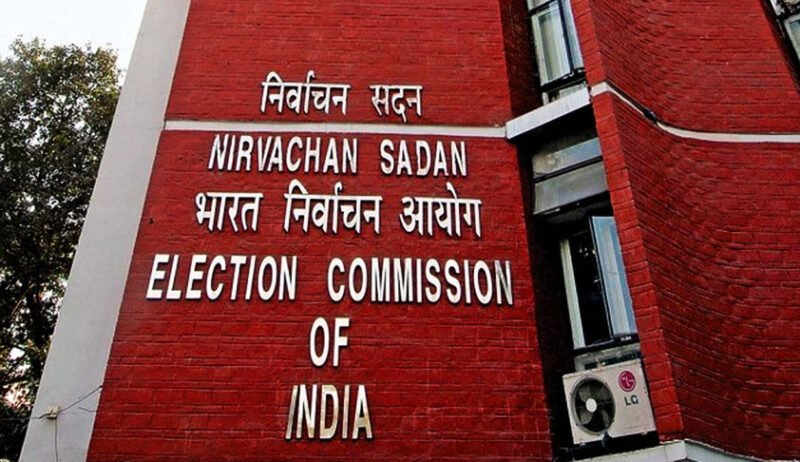New Delhi: State Bank of India (SBI) on Tuesday evening submitted to the Election Commission the details of entities which had purchased the now-scrapped electoral bonds and political parties which received them, as it complied with the Supreme Court order to furnish information.
The Supreme Court on Monday ordered SBI to disclose the details of electoral bonds to the Election Commission by close of business hours on March 12.
As per the order, the Election Commission will have to publish the details shared by the bank on its official website by 5 pm on March 15.

“In compliance of the Hon’ble Supreme Court’s directions to the SBI, contained in its order dated Feb 15 & March 11, 2024 (in the matter of WPC NO.880 of 2017), data on electoral bonds has been supplied by the State Bank of India to the Election Commission of India, today, March 12, 2024,” Election Commission said in a post on X.
According to sources, SBI has complied with the orders of the apex court and submitted the details of the electoral bonds to the Election Commission.
The SBI has issued electoral bonds worth Rs 16,518 crore in 30 tranches since the inception of the scheme in 2018.

The Supreme Court, however, in a landmark verdict on February 15 scrapped the Centre’s electoral bonds scheme that allowed anonymous political funding, calling it “unconstitutional” and ordered disclosure by the EC of donors, the amount donated by them and recipients.
SBI had sought time till June 30 for disclosure of the details. Its plea, however, was rejected by the apex court, and it asked the bank to submit all details to the Election Commission by the close of working hours on Tuesday.
Former finance secretary S C Garg in a column said SBI’s time-wasting tactic is laughable, saying the bank wanted to match the buyer of each electoral bond with its recipient political party, something which the apex court had not asked for.

Such bonds had no serial number or any other identifier, he said, adding, the purchase and deposit processes did not allow the SBI to record any identifier of a specific electoral bond for its purchaser or depositor.
The electoral bonds scheme was introduced on January 2, 2018. Electoral bonds have been pitched as an alternative to cash donations made to political parties as part of efforts to bring transparency to political funding.
The first sale of electoral bonds took place in March 2018.

Electoral bonds were to be redeemed exclusively by an eligible political party through an authorised bank account, and the SBI is the sole authorised bank for issuing these bonds.
Electoral bonds were encashed by an eligible political party only through a bank account with the authorised bank.
Electoral bonds were purchased by Indian citizens or entities incorporated or established in the country.
Registered political parties that had secured not less than 1 per cent of the votes polled in last Lok Sabha or legislative assembly elections were eligible to receive funding through electoral bonds.
PTI
